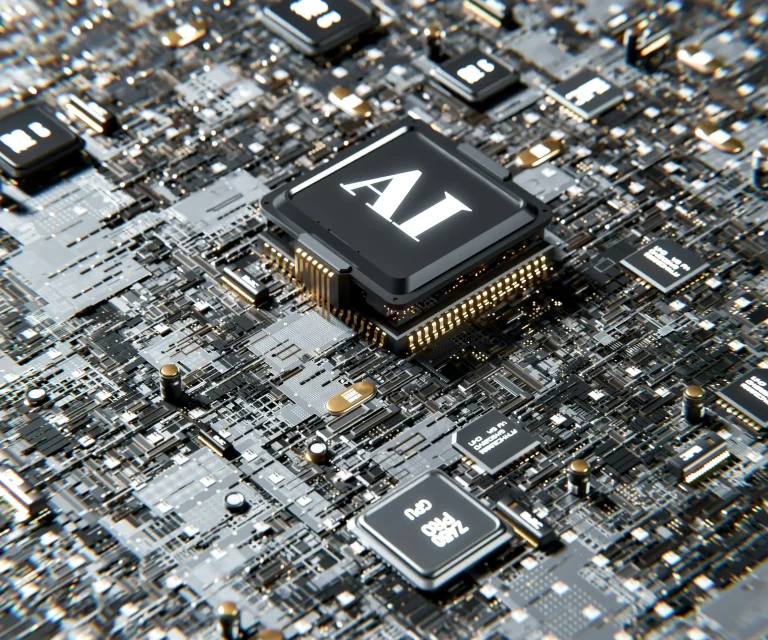With the announcement of the InvestAI initiative and an investment of €200 billion for the development of artificial intelligence and the construction of massive AI research facilities, the European Union has demonstrated how seriously it takes the opportunity that AI presents in positioning itself ahead of China and the USA in this field. “This will be the largest public-private partnership in the world for the development of trustworthy artificial intelligence,” said European Commission President Ursula von der Leyen at the Artificial Intelligence Action Summit, recently held in Paris.
Few topics have managed to engage and bring together representatives from over a hundred countries, who attended the Paris summit on February 10 and 11. It appears that the issue of AI’s rapid development has raised awareness among experts and policymakers that an urgent joint global approach to AI development and regulation must be established. While AI offers numerous benefits, the world is also highly aware of the risks and potential misuse that its progress could bring. Thus, the primary goal of the summit was to establish a unified approach to the development and regulation of artificial intelligence (AI) on a global scale.
A statement by former Google CEO Eric Schmidt resonated in global media, warning of the potential threat AI poses, particularly due to the risk that terrorist groups or rogue states could exploit AI for malicious purposes. He called on governments to enforce stricter oversight over private tech companies.
At the summit, which gathered thousands of participants, including heads of state, international organizations, technology firms, and civil society representatives, a Declaration on Inclusive and Sustainable Artificial Intelligence was signed by 57 countries, including EU member states, China, India, and the African Union Commission. Additionally, a joint “Statement on Inclusive and Sustainable AI for People and Planet” was adopted, emphasizing principles such as AI accessibility, reducing the digital divide, transparency, ethics, security, and promoting international cooperation in AI governance.

The United States and the United Kingdom’s refusal to sign the Paris Declaration surprised many. British government representatives dismissed claims that the decision was due to alignment with the U.S. administration, stating instead that the international agreement did not sufficiently define global AI governance or consider national security concerns.
The global importance of AI was further reinforced by France’s announcement of the Current AI foundation, launched with an initial capital of $400 million, aimed at supporting AI projects of public interest, including high-quality datasets, tools, and infrastructure. The initiative has been endorsed by the governments of nine countries, including Finland, Germany, and India, as well as several philanthropic organizations and private companies such as Google and Salesforce. The five-year plan seeks to raise $2.5 billion to develop an AI sector that serves the public interest.
Shortly after the summit, Croatian Prime Minister Andrej Plenković and Minister of Justice, Administration, and Digital Transformation Damir Habijan stated that, although not widely known, Croatia has invested $107 million in its AI sector, through 84 companies engaged in AI development or related fields. Prime Minister Plenković also revealed to journalists that Croatia and Slovenia are preparing joint AI projects, with significant investments planned through European Union funding sources.
(A.B. & ChatGPT)



